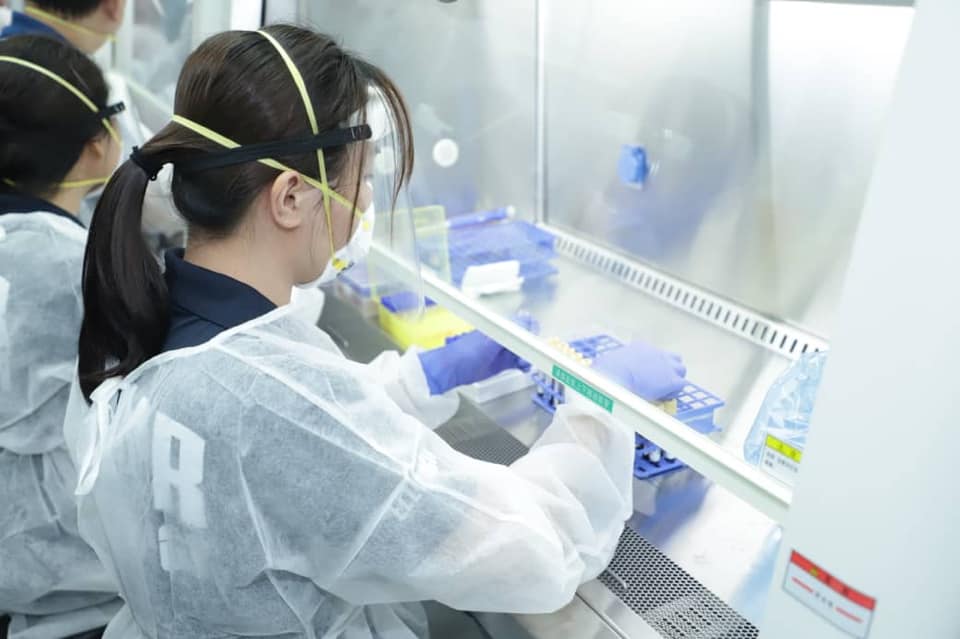KUALA LUMPUR, Oct 27 — Recent research has found a causation link between Covid-19 and cancer, according to Dr Murallitharan Munisamy, managing director of the National Cancer Society Malaysia (NCSM).
Dr Murallitharan, the recipient of the Global Best Cancer CEO award, highlighted at least two studies dating back to April this year that have shown this connection.
“Interestingly, there’s a couple of papers now popping up as the pandemic settles, even from April, where there’s actually a causation link between Covid-19 and cancer, which then kind of puts into perspective that having Covid-19 may actually lead you to pick up a chronic disease in the future or worsen it in this case,” said Dr Murallitharan at the MyPELINDUNG launch held at The Grounds Kuala Lumpur last August 16.
The first study, published in the Journal of Medical Virology in April this year, found a causal link between Covid-19 and various cancers. Using Mendelian randomisation (MR), researchers studied three Covid exposure types: critically ill patients, hospitalised patients, and SARS-CoV-2 infection, and their association with 33 cancer types in Europe.
An MR study uses genetic variations with known functions to investigate how exposure to something can cause a disease in observational studies.
For critically ill Covid patients, there is a suggestive link to HER2-positive breast cancer, esophageal cancer, colorectal cancer, and colon cancer. Hospitalised Covid patients are associated with HER2-positive breast cancer, esophageal cancer, and stomach cancer.
Meanwhile, SARS-CoV-2 patients show a suggestive link with stomach cancer but a decreased risk of head and neck cancers.
The study, led by researchers in China, concluded that SARS-CoV-2 patients have the highest cancer risk, followed by hospitalised and critically ill patients, indicating a severity-cancer risk relationship.
The second study, published in the biochemistry and molecular biology journal Biochimie in May, suggests that Covid-19 might be linked to cancer through several mechanisms.
Firstly, the paper discusses how Covid-19 could mess up a system in human bodies called the renin-angiotensin-aldosterone system (RAAS) that controls blood pressure and blood vessel function.
This disruption can result in inflammation, vasoconstriction, fibrosis, oxidation, and changes in capillary permeability, all of which could contribute to the development and progression of cancer.
Another possibility is that Covid-19 could change its genetic material in a way that affects how human bodies suppress tumours or activate cancer-causing genes. The proposed mechanism is called viral mutagenicity, where the genetic material of the virus undergoes changes.
Lastly, Covid-19 might make our immune system react too strongly, causing a “cytokine storm” or cytokine release syndrome (CRS), where the immune system reacts excessively to the infection. This storm includes a substance called interleukin-6 (IL-6) that can trigger processes in our bodies linked to cancer.
In short, the paper concludes that Covid-19 could impact various factors involved in the onset and progression of cancer, including cell cycle regulation, the RAAS system, and inflammation or proliferation signalling pathways.
These findings highlight the need for further research to fully understand the potential link between Covid-19 and cancer.








